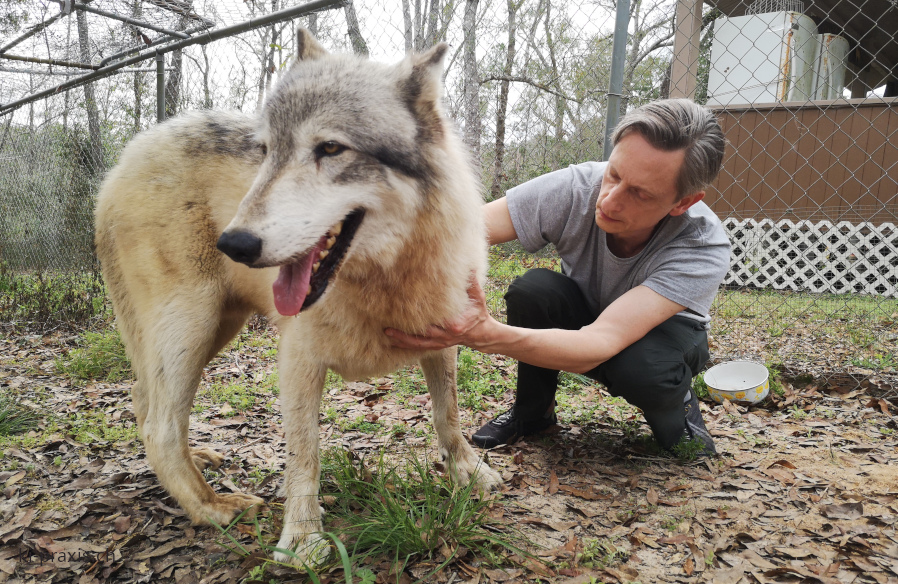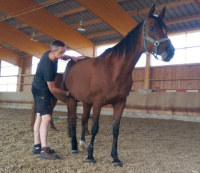Holistic Healing & Behavioral Support for Animals
Compassionate care for our animal companions

Animals are not so different from us. They are born, need love, care, recognition, and a safe home. They feel joy, grief, stress, and sometimes suffer trauma or nightmares. Likewise, they experience many of the same physical ailments we do – such as digestive issues, back pain, diabetes, arthritis, or kidney problems [→ Possible Indications].
Meeting Animals Where They Are

Because animals usually feel safest in their own environment, I primarily offer treatments on-site at their homes. For those further away or in urgent situations (such as a horse with colic), remote sessions provide an effective alternative. Energetic healing works well over distance and can be especially helpful when immediate support is needed.
The healing approaches I use for animals are very similar to those I use for humans [→ Modalities].
Behavioral Support for Dogs
For dogs with behavioral challenges, in-person sessions combined with energetic work and training can be particularly beneficial. This applies to:
- Excessive barking
- Restlessness and hyperactivity
- Destructive behavior or repetitive tics
- Separation anxiety
- Fear-based aggression or sensitivity to sounds, people, objects, or other animals
- Pulling on the leash during walks
- And more
Such behaviors may sometimes be rooted in past trauma or influenced by [→ Foreign Energies] affecting the animal directly or present in its surroundings. In these cases, long-distance energy healing often proves to be the most effective method for clearing disturbances and restoring balance.
Every animal carries its own wisdom and capacity for healing.
Sometimes they just need a gentle hand to help them remember.